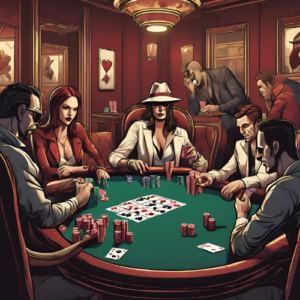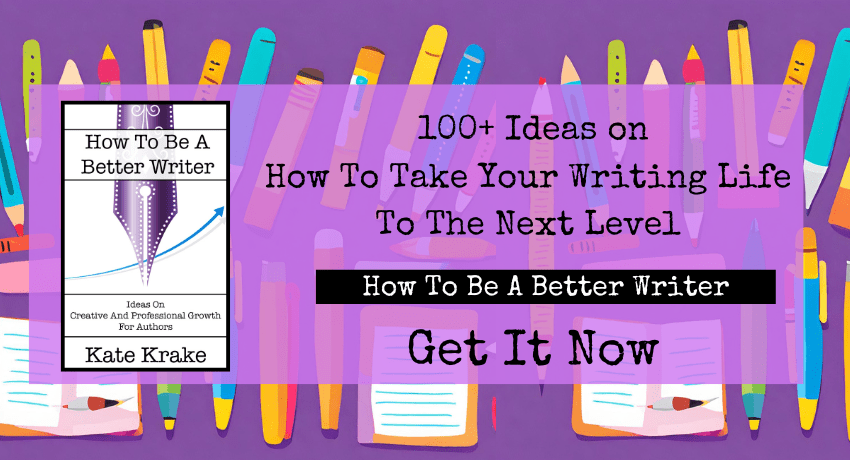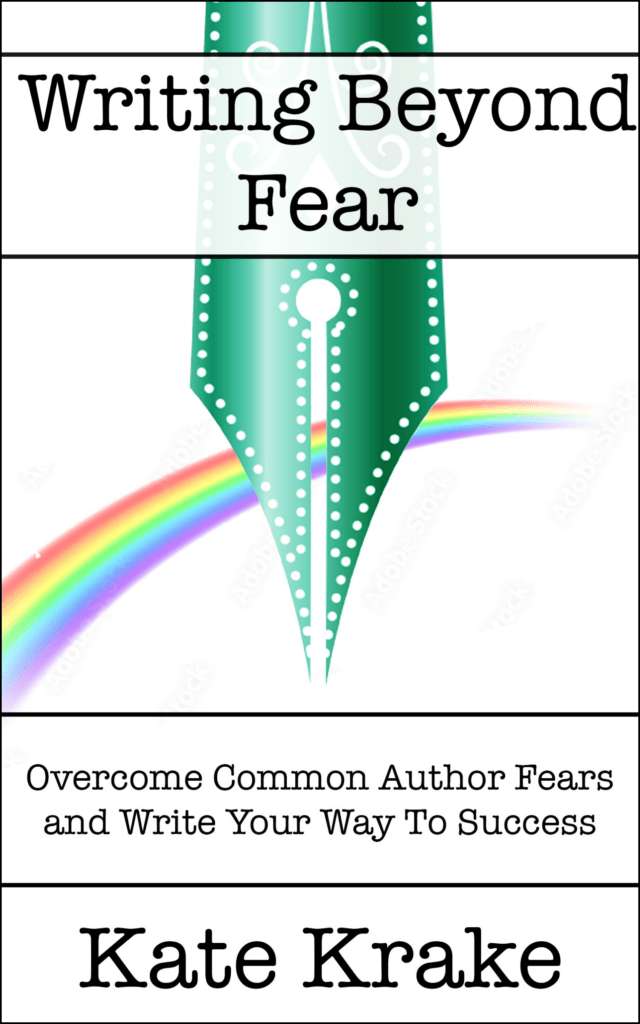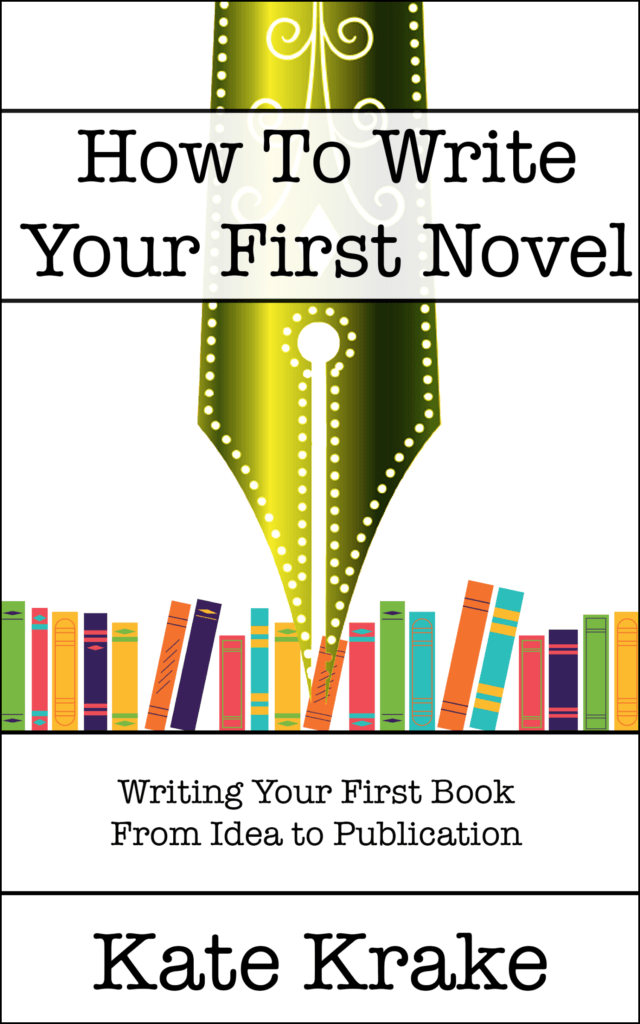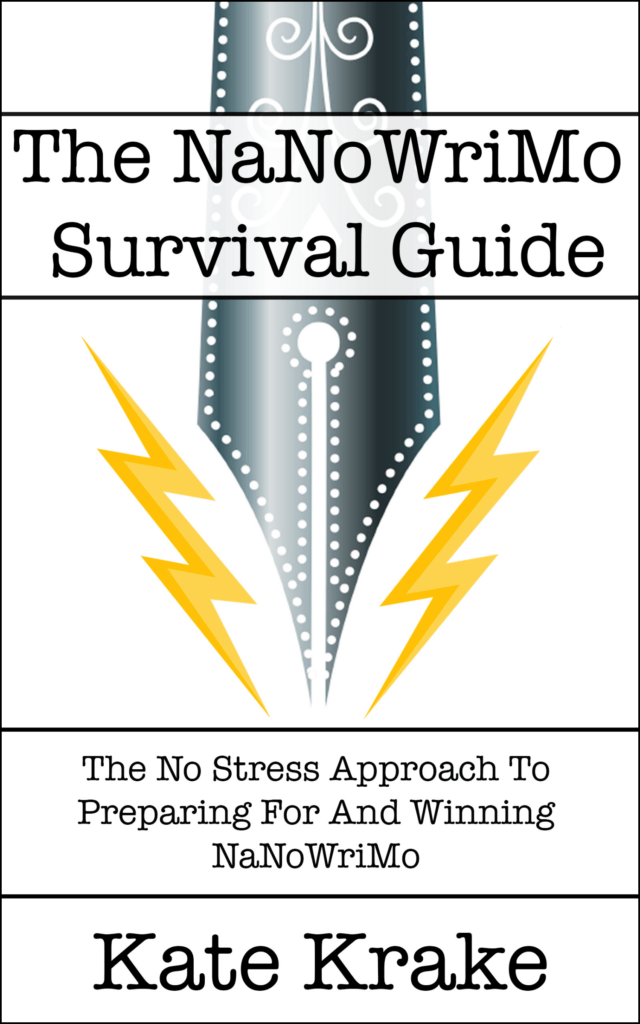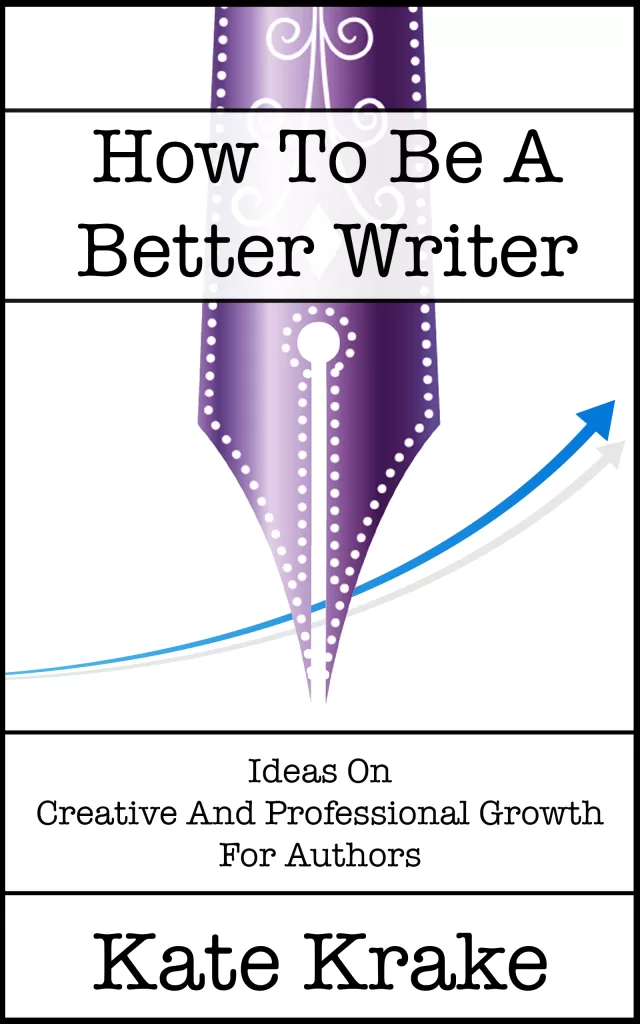You might write the best book that has ever been written in your genre. It could be a true masterpiece. It’s packaged in a stellar cover, it’s targeted to the exact right readers, with the precisely appropriate level of promotion.
And it still might not sell.
Next week, a random book that’s not written all that well, doesn’t hit any clearly recognizable market tropes, and has a fairly dull cover, is thrown out into the world and it becomes a publishing juggernaut, rocketing the author to endless riches and opening up an entirely new landscape of literary opportunities for other authors.
Both scenarios happen.
Why?
*Shrug*
Random House was one of the biggest companies in trade publishing. This publisher put out millions of books, had enormous success and enormous failures.
You’d think that with so many successes, so many years defining the industry, Random House and all the other massive publishing companies would know what made for a bestselling juggernaut book, right?
Nope.
But there was one key thing Random House did know. And it’s right there in the company’s name.
Random.
Publishing is a crap shoot.
Publishing success is random.
Whether or not a book sells, isn’t all to do with the skill of the author or the marketing team. It’s not got to do with how much money is thrown into the promotion, how it’s covered, or the blurbs. It’s not got to do with the time of year or day of the week it’s published. If it was, publishers could manufacture bestsellers every day.
Publishing success has everything to do with….
Chance. Or more accurately, it is so many infinitely variable nuances of the world’s collective consciousness on any given day that it seems like random, chaotic chance.
(Side note – My personal theory on why domestic thrillers became such a sudden hot market in recent years are because of all the time we had to lock up at home with our families at the start of the pandemic, locked inside all kinds of fears and uncertainties with those nearest and dearest to us – it primed the collective mind for a particular kind of fiction. Just my opinion…)
The Patterns of Publishing Success
There might be patterns that can predict publishing success.
In The Best Seller Code: Anatomy of The Block Buster Novel, Jodie Archer and Matthew L. Jockers break down various textual elements of best-selling novels looking for some of these patterns.
One identified element was that novels with opening lines that pose some existential positioning sell better.
But look at all the best sellers out here with really boring first lines about nothing existentially profound at all.
We might find a few common elements in bestsellers, but we’ll find just as many wildly successful books that don’t contain those elements.
How Does A Writer Deal With This Random Chaos?
The writer with the best chance of success in this maelstrom of whim and who the heck knows what’s happening, is the writer who adopts the mindset that can cope with this level of chance and chaos.
The gambler.
The gambler knows they have to play to win. The gambler knows the more they play, the more chance they can win. The gambler might know a few tricks to improve their chances of winning, but nothing is guaranteed.
The gambler knows that sometimes they might win big time, and sometimes they might lose big time, and sometimes they might do a little of both somewhere in the middle.
The successful author knows this too.
The Gambling Mindset For Writers
The successful author keeps writing, keeps publishing, keeps watching the playing table, looking for those trends and tricks that might tip the odds in their direction. But the successful author knows this is not a sure thing and keeps going, regardless. Counting losses, counting wins, putting more and more cards on the table (that’s words in the story), and playing more and more games (publishing more and more books). When the tables turn and losing seems more inevitable than winning, when the odds shift, they shift too, try a different trick, pivot. Always writing.
The successful author is optimistic.
Because if no one ever won at this publishing game, we all would have stopped publishing a long time ago.
The successful author who can maintain this ongoing, long presence in the game is the writer who writes to honor their creative authenticity above all else. Because that’s what long term sustainable writing practices are built on.
The successful author knows that there are more ways to win than just a massive royalty check. Unlike the professional gambler who is playing for the money and the thrill of the chase toward the money, the author can win in different ways. We might win the bestseller jackpot, but we’re more likely to win the less tangible prizes like creative satisfaction and existential fulfilment of our creative spirits, the satisfaction of that core desire to write and create and connect through the written word.

